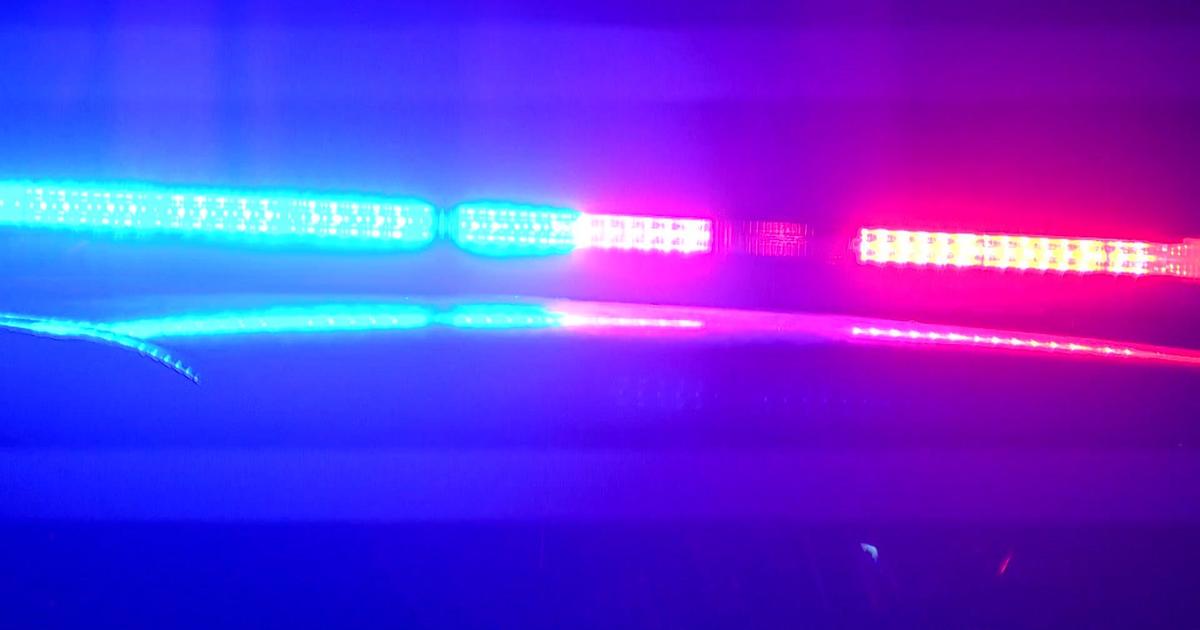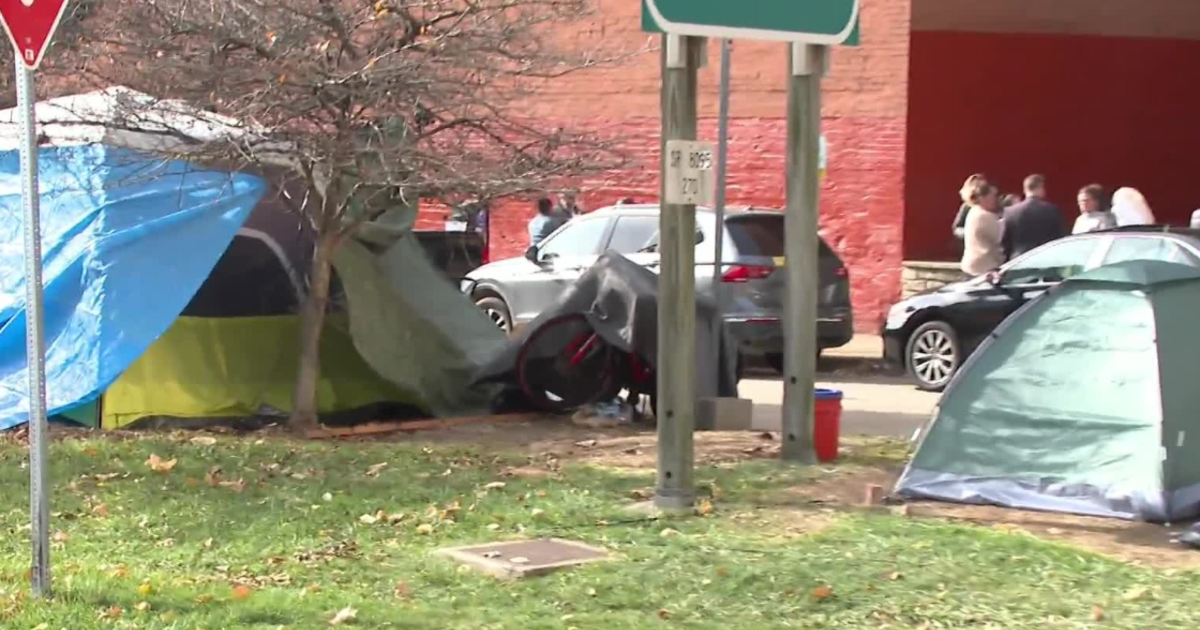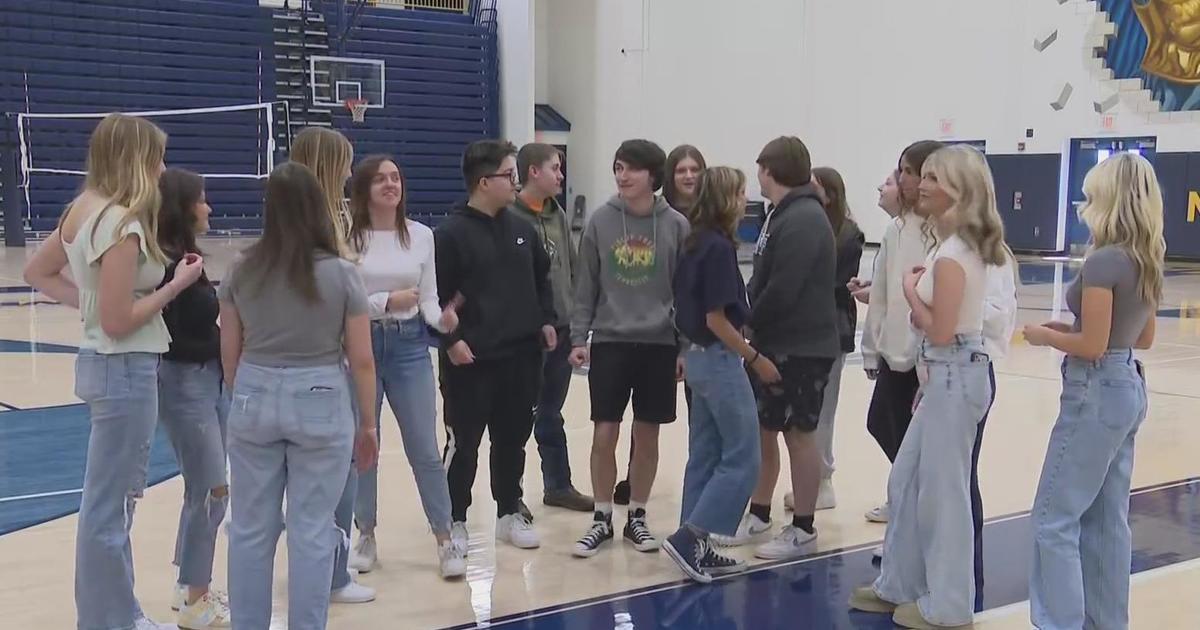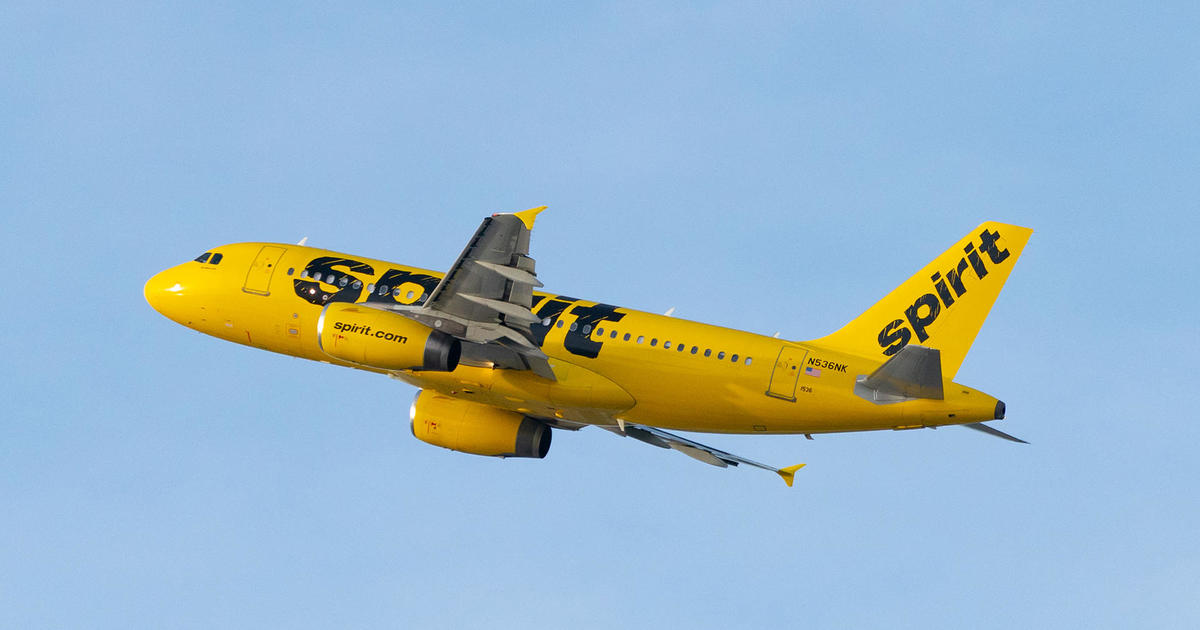Police traffic stops decreasing in Pittsburgh's communities of color
PITTSBURGH (KDKA) -- After years of criticism, police traffic stops in minority neighborhoods in the city of Pittsburgh have been reduced.
Supporters hail the drop as the beginning of the end of discriminatory enforcement, while others worry the public's safety will be compromised.
KDKA Investigates analyzed the numbers and got reaction in Homewood, where a city councilman is applauding the new data.
The numbers show a dramatic drop in traffic stops in Homewood, and other communities of color, prompting a debate on police tactics and public safety.
In years past, police have been accused of using traffic stops as fishing expeditions in minority neighborhoods like Homewood, pulling someone over for a broken taillight as an excuse to search for drugs or guns. But KDKA Investigates has learned stops in those neighborhoods have dropped off dramatically.
"What we're really doing is stopping the events which target Black people in Black communities that makes them feel targeted," Councilman Ricky Burgess, D-Homewood, said.
According to our analysis, in two years in the city of Pittsburgh, traffic stops have been cut in half from 20,562 in 2019 to 10,243 last year. In neighborhoods of color, the dropoff is even greater. In Zone 2, covering the Hill District, traffic stops dropped from 2,850 to 808, a drop of 72 percent. In Zone 5, covering Homewood and Lincoln Larimer, the stops dropped from 2,474 to 865, a decrease of 80 percent. In 2019, Pittsburgh police pulled over 8,965 Black drivers. In 2021, the number dropped to 4,346.
In December, City Council passed a bill to prohibit police from pulling over vehicles for taillights or past-due inspections. KDKA Investigates showed data to Burgess, who sponsored the bill, and said it shows police beat City Council to the punch, and has already curtailed the stops.
"I'm very grateful for, what I've been saying for 15 years, there's a better way to do policing," he said. "And looking at this data shows police are moving in a better and new direction."
The police bureau had no comment on the data, but not everyone believes this reduction in stops is a good thing. Police Union President Robert Swartzwelder said it is part of a shift in policy in the police bureau toward less pro-active or "self-initiated" policing, where police only respond to calls for service. Ultimately, he said this leads to higher crime and jeopardizes public safety.
"Political and police leadership have demonstrated through their public comment that they do not support self-initiated police activity, and the latest statistics prove that the officers in the field are complying with police and political leadership mandates," Swartzwelder said in a statement to KDKA Investigates.
Burgess, who is pursuing similar legislation to curtail frosting and pedestrian stops, said public safety won't be compromised.
"We still stop speeders," he said. "We still stop people driving people under the influence."
In the secondary stops, almost none of them result in arrests for more significant crimes. A broken taillight is not really a public safety concern.
But with this new law going into effect this year, traffic stops are likely to drop even further -- in Pittsburgh at least -- starting to make this practice a thing of the past.




